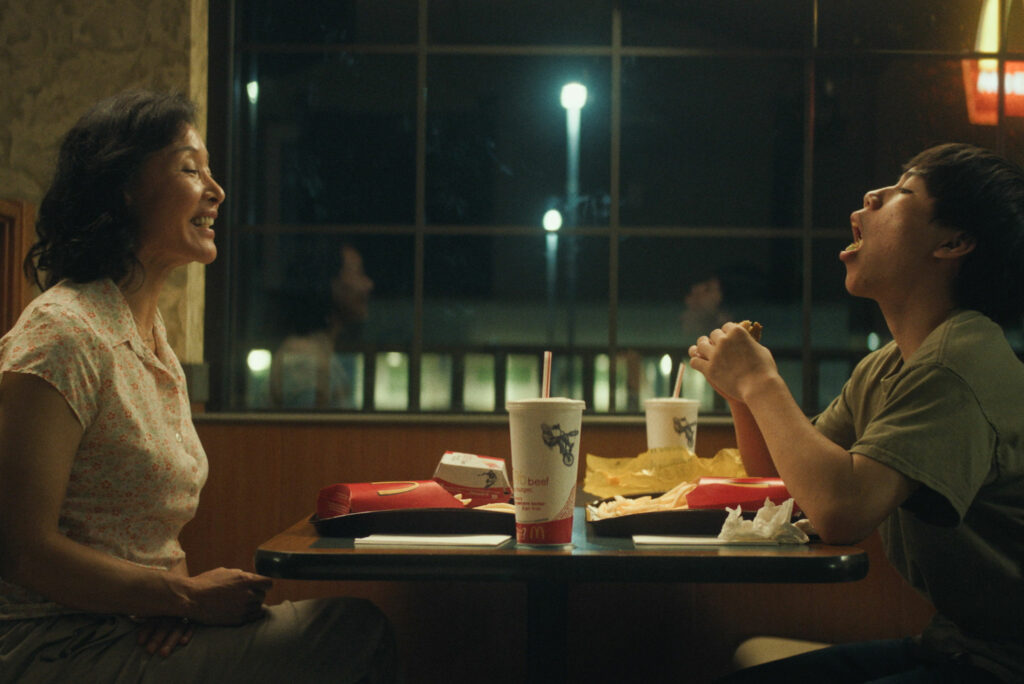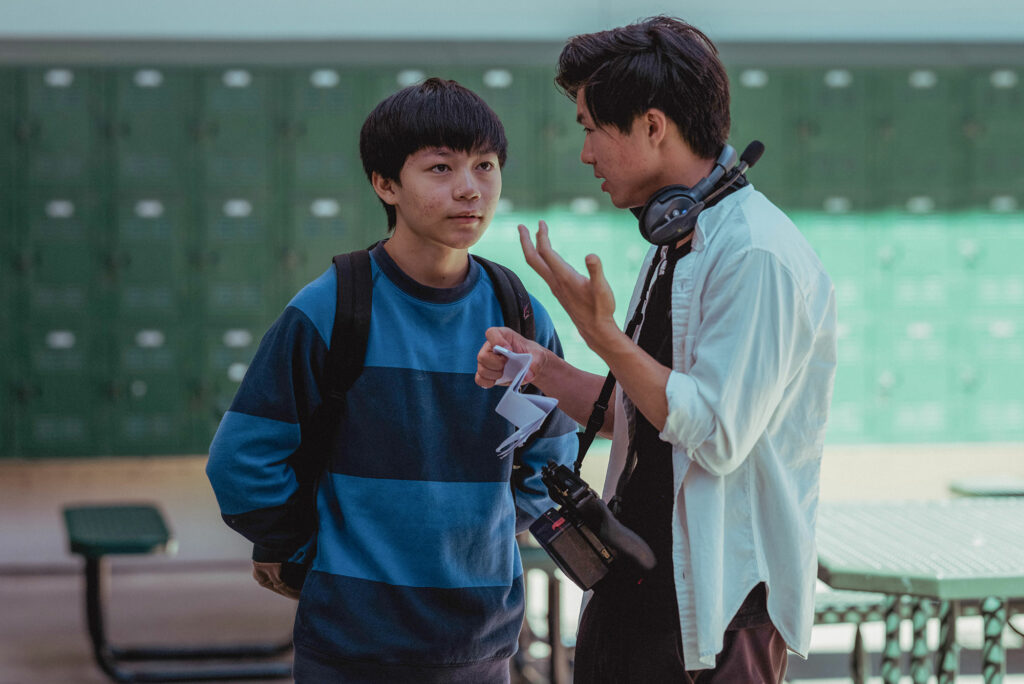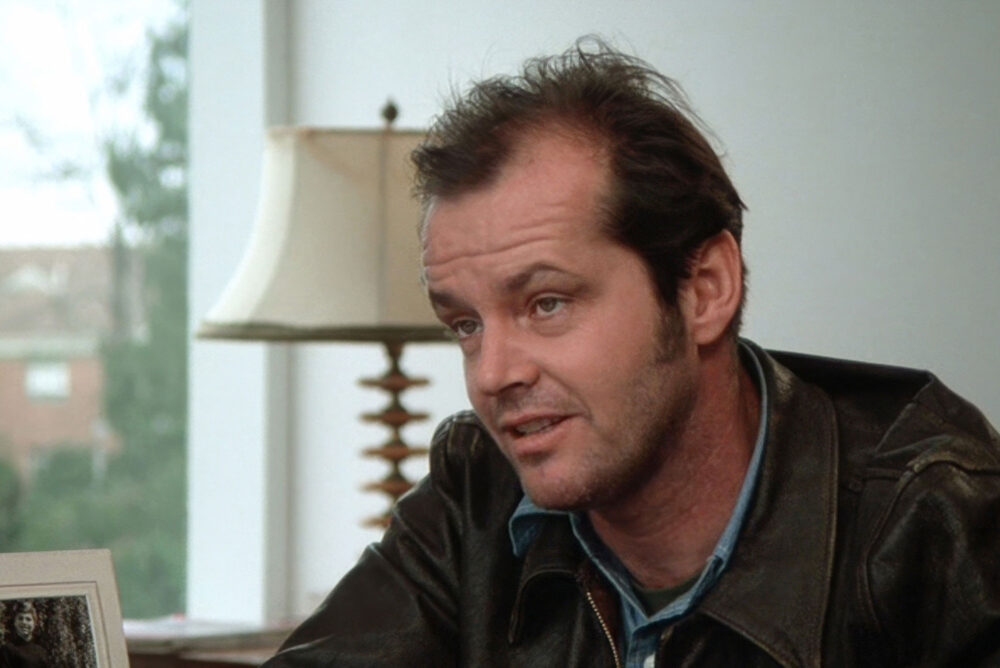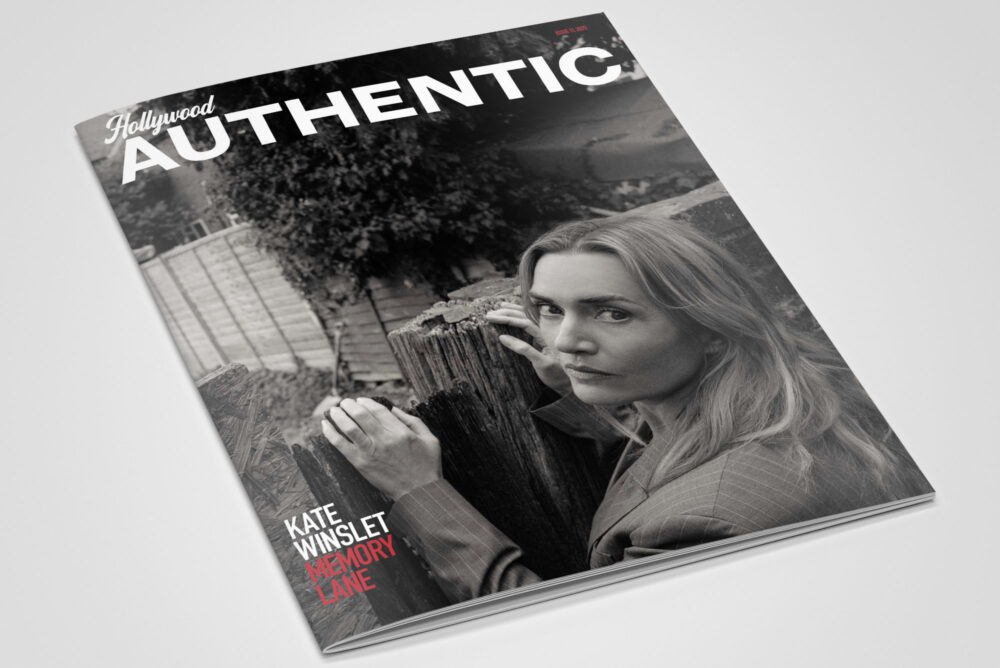Words by JANE CROWTHER
In 2008 Fremont, teen Chris Wang (Izaac Wang) is living his summer before he starts high school in a liminal space; vacillating between friendship groups, loathing/loving his older sister, desperate/terrified to have his first kiss, rejecting his heritage but ultimately comforted by it. As he negotiates his world via MySpace, his flip phone and house parties, Chris tries on identities. He’s ‘Dìdi’ at home to his mother and grandma, ‘Wang Wang’ who ‘Wu-tangs’ his spliffs to his bros, a boy who likes chick-flicks to the object of his affection, ‘Asian Chris’ to a skate group he attempts to befriend as a videographer and all manner of hateful names to his screaming sis who’s about to leave home for college. All he really wants from his summer is for his mum to stop being ‘so Asian’ and his crush, Madi (Mahaela Park), to be his girl. But inopportune erections, friendship wipeouts and drunkenness are going to cause acute embarrassment and failure…

Developed by writer/director Sean Wang as part of the Sundance Institute film programme and winner of the audience award at this year’s festival, Dìdi is a semi-autobiographical confection loaded with equal parts nostalgia and cringe. Based on Wang’s own upbringing (his real-life grandmother plays Dìdi’s), it’s a study of teenage awkwardness through a lens of compassion that evokes comparisons with Bo Burnham’s Eighth Grade. But it’s also a film that explores the immigrant experience in America via Chris’ interactions with his mom (played with beautiful subtly by Joan Chen). A woman bringing her children up alone with a judgey mother-in-law and broken dreams of her own, Mrs Wang reacts to everyday racism where Chris does not, eats her Big Mac with a knife and fork despite his admonishments and delivers a heartfelt, tender affirmation of him at his lowest point that recalls the tear-inducing speech from father to son in Call Me By Your Name. In this way, Wang’s film absolutely sings to those who will recognise the signifiers of Chris’ specific time and place (Livestrong wristbands, indigo braces, AOL, watching Superbad at pool parties) but will also chime with parents who have endured the cruelties of bratty teens in any era. Equally, the visceral feeling of self-consciousness and angst as an adolescent is one that is (painfully) universal.

Sweet and salty in equal measure, Wang’s expertly curated time-capsule serves as a poignant reminder to parents and children alike that everyone of every generation is simply trying their best to grow into their own approximation of a decent adult. And that that journey is a life-long one.

Dìdi is in cinemas now








